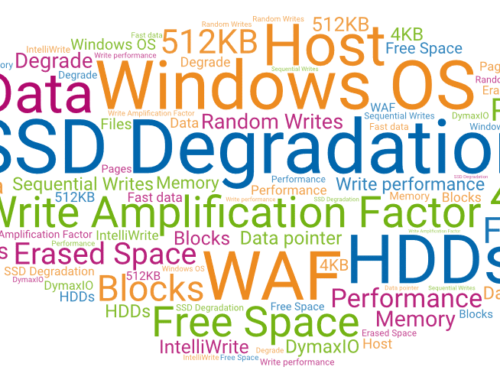When installing Diskeeper, many users will schedule a boot-time defragmentation immediately after running the product. Even though a boot-time fragmentation is safe, in many instances, this is not necessary and a boot-time defragmentation will require the computer to be restarted to complete the process. A user should first determine if performing a boot-time defragmentation is necessary. (A person would not go to the car dealer to get an oil change if the oil in his car was changed yesterday.)
It is recommended to perform a boot-time defragmentation if the paging file or Master File Table (MFT ) becomes highly fragmented. Information on the fragmentation of the paging file and MFT can be found in the Diskeeper Job Report.
If the number of fragments of the paging file and MFT are 5 or less, there is no need to perform a boot-time defragmentation. Please note that it is recommended to run Diskeeper in automatic mode. When Diskeeper is run in automatic mode, Diskeeper incorporates a technology called Frag Shield which helps keep your MFT and paging files from becoming fragmented in the future .
By: Mark Harrer, Systems Engineer



Hi Darryl,
This will need some in-depth evaluation. There really isn’t a "fast answer". It may be related to processes on those 10% that startup unusually early in the boot process and lock the volume from Diskeeper’s BTD. Have you contacted Tech Support?
-Michael
I use DK 2009 Boot Time Defrag (BTD) as a tool on my network of 52 servers to schedule Reboots after hours and do a little Disk maintenance (in addition to BTD) on the side by running chkdsk during the operation.
This capability is SUPER. I simply check the Event log for USER32 to confirm that it ran. If the reboot takes over 4 minutes I am notified via email by SNTP.
Problem! 90% of my WIN2003 servers will execute a scheduled reboot. The other 10% will not & I cannot trouble shoot the reason???
Appreciate any help or pointers .